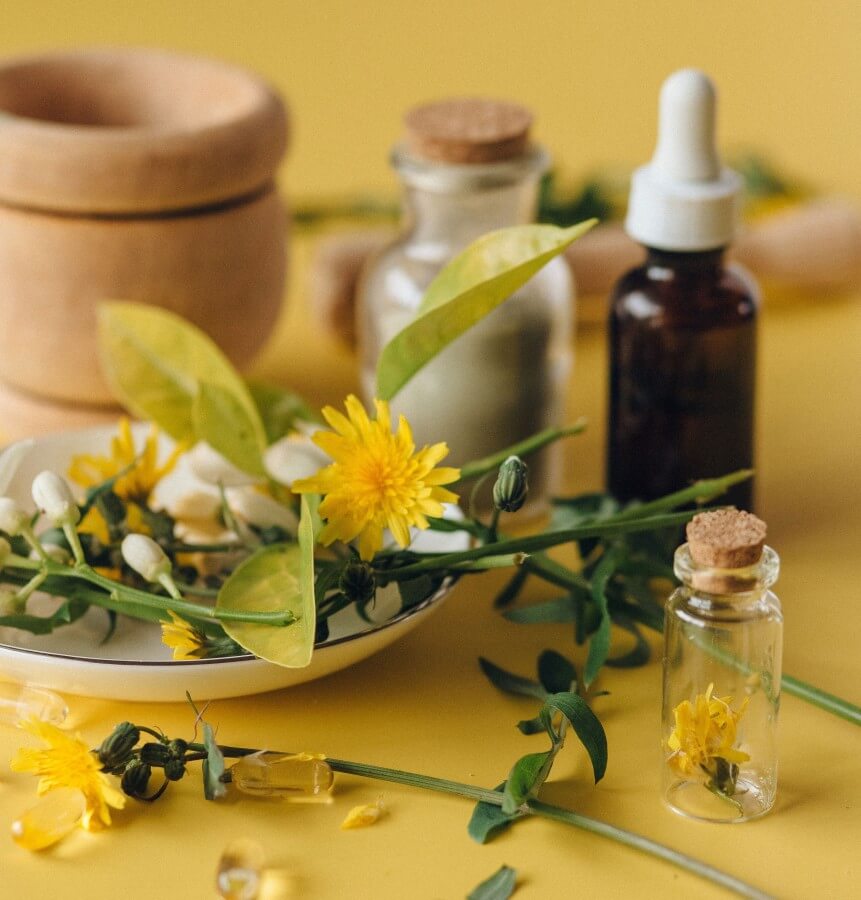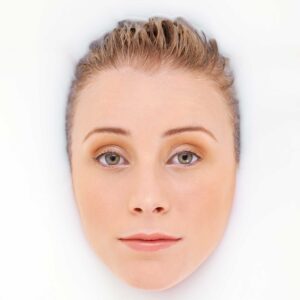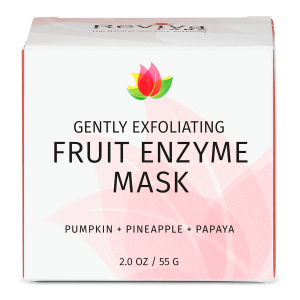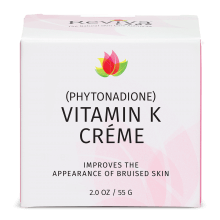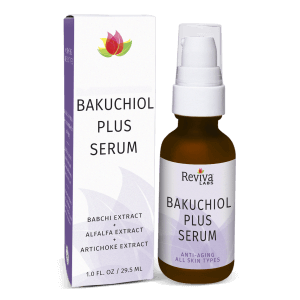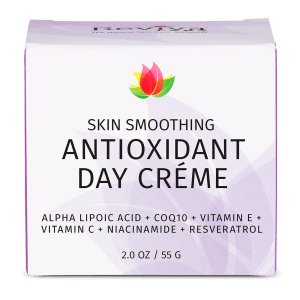Clean Beauty, Natural, Reviva Labs, Skin Care
Is Aromatherapy Beneficial for Your Skin?
New trends and products emerge all the time in the constantly evolving world of skincare. One such trend that’s long been popular is aromatherapy and skincare. Aromatherapy uses essential oils derived from plants to alter and improve our physical and emotional well-being. But are essential oils truly beneficial for your skin? In this posts we’ll explore the potential benefits of aromatherapy for your skin and how to use essential oils effectively.
Understanding Essential Oils
Before exploring the benefits of aromatherapy for the skin, it’s important to understand what essential oils are. Essential oils are highly concentrated plant extracts that contain the aromatic compounds and active constituents of the plant. These oils are obtained through various methods such as steam distillation or cold pressing. Each essential oil has its own unique set of chemical components, giving it distinct properties and potential benefits.
How Essential Oils Work on the Skin
When applied to the skin, essential oils interact with the body via three primary pathways: absorption, topical application, and aromatherapy.
- Absorption: Essential oils can be absorbed through the skin which allows their beneficial compounds to circulate within the body, if it reaches the bloodstream.
- Topical Application: Essential oils can provide localized benefits to the area of application. They can soothe irritated skin, reduce inflammation, or provide antioxidants.
- Aromatherapy: The aromatic molecules of essential oils can be inhaled, influencing mood and emotions through the limbic system in the brain.
For the purpose of this post, we’ll be focusing on the topical application of essential oils and their potential benefits for the skin.
How to Safely Use Essential Oils on Skin
Before using essential oils in your skincare routine, it’s crucial to understand how to do so safely. Essential oils are highly concentrated and can be too potent for direct application to the skin. Therefore, it is important to dilute them in a carrier oil first.
A carrier oil acts as a medium for essential oils to spread across the skin’s surface, ensuring even application and better absorption. Common carrier oils include jojoba, coconut, sweet almond, and olive oil. These carrier oils are generally well-tolerated. Most also offer their own benefits, such as moisturizing and nourishing the skin.
To create a skin-ready concoction, the final mixture should contain no more than 1-3 percent of the potent essential oil in a nourishing carrier oil. This equates to roughly 12 drops of essential oil per ounce of carrier oil. By diluting the essential oil, you reduce the risk of skin irritation or sensitization.
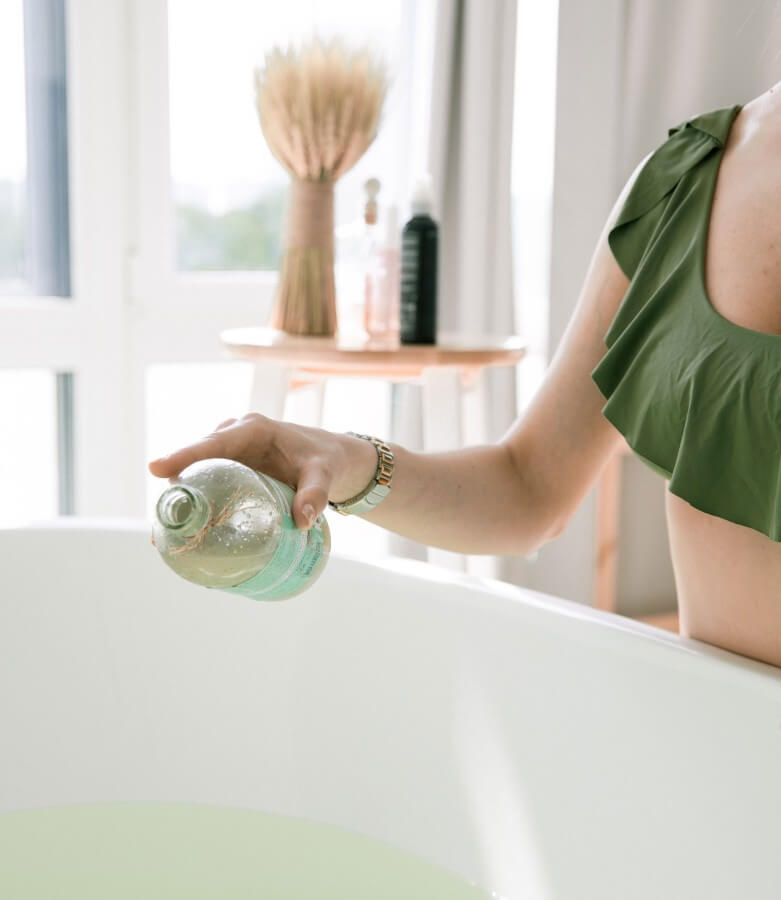
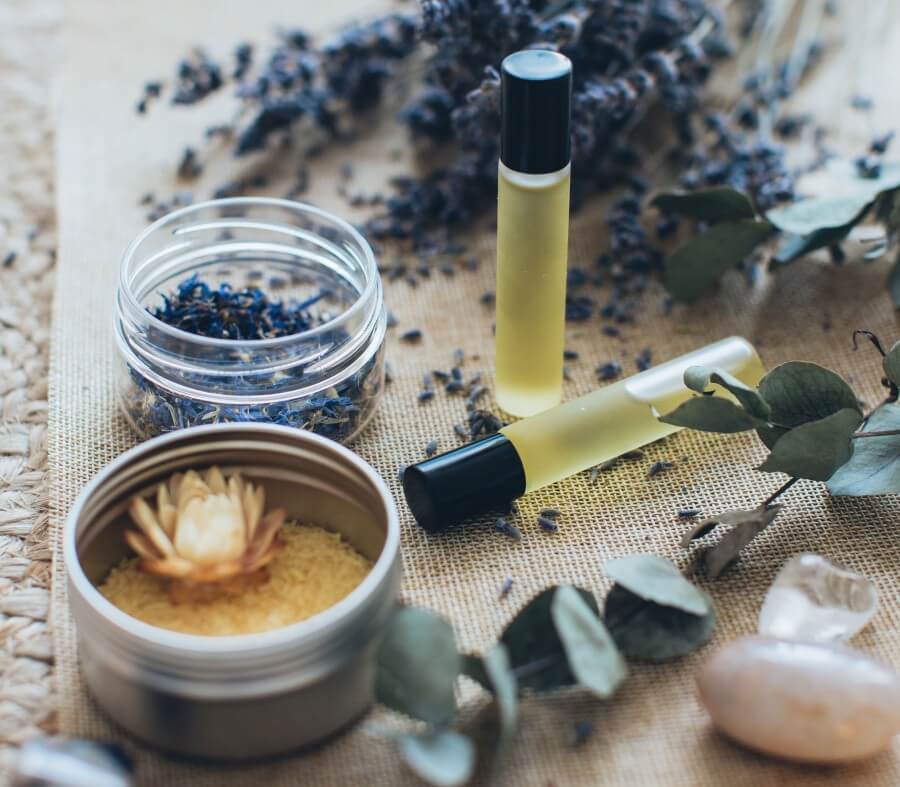
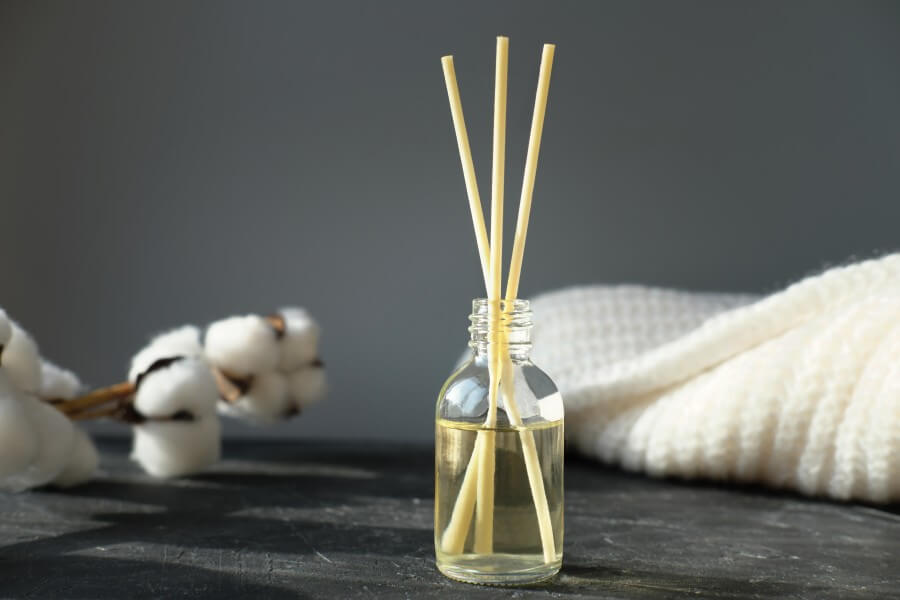
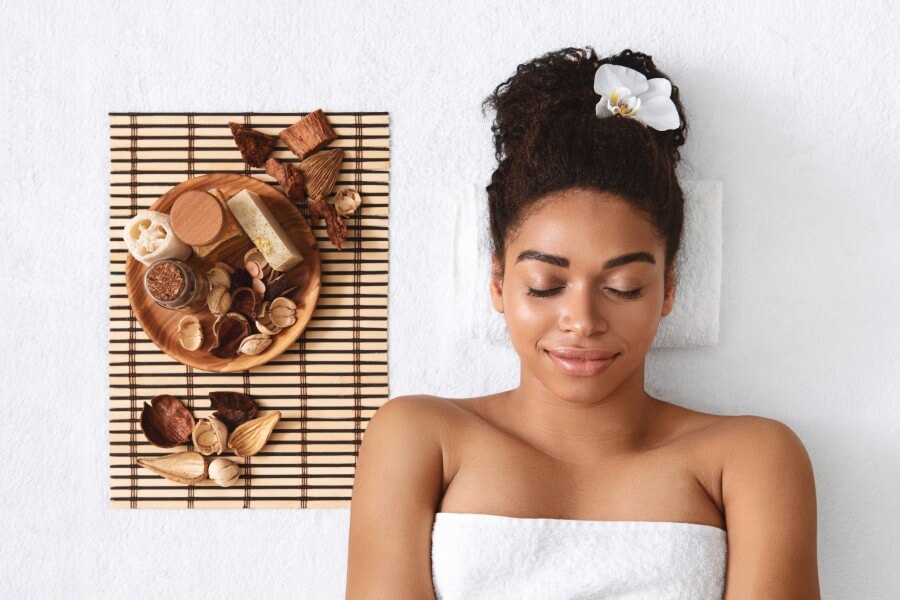
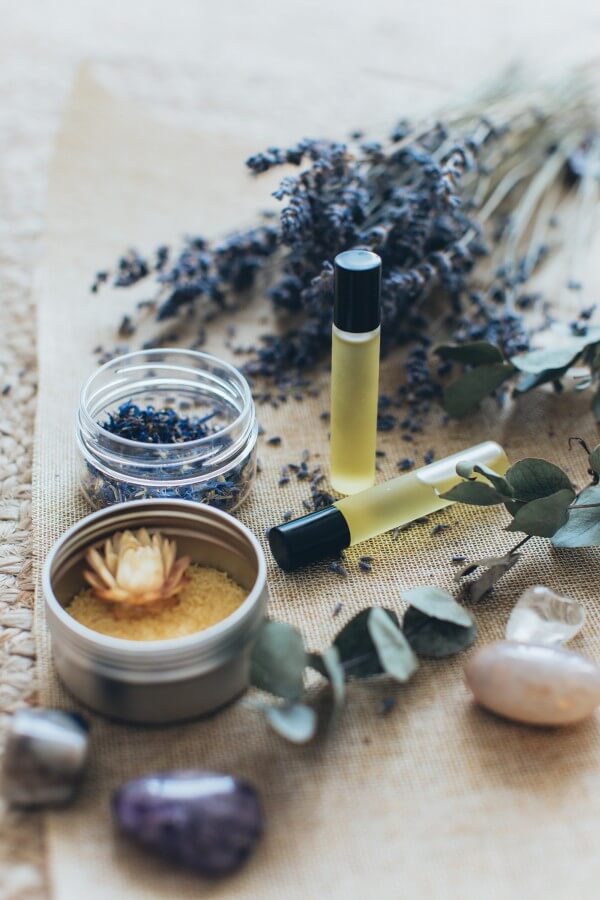
Precautions When Using Essential Oils on Skin
While essential oils offer numerous benefits for the skin, caution and taking precautions is paramount. Nearly all essential oils contain allergens and can be a common cause of allergic contact dermatitis. It is crucial to perform a patch test before applying an essential oil to a larger area of skin. This involves placing a small amount of diluted essential oil on a small patch of skin and observing any adverse reactions for 24 hours.
Certain essential oils, such as citrus oils, can increase sensitivity to UV rays, potentially leading to sunburn or skin pigmentation changes. Individuals with pre-existing botanical allergies may experience triggered reactions when using essential oils. Moreover, some essential oils can interact with medications or medical conditions. For example, tea tree and lavender oils have hormonal effects and should be used with caution in individuals with hormone-related conditions.
If you have specific health concerns, medical conditions, or are pregnant, it is advisable to consult a dermatologist, healthcare professional, or aromatherapist before using essential oils for safety. They can provide personalized advice based on your individual skin type and needs.
Choosing the Right Essential Oils for Your Skin
When it comes to choosing the correct essential oils for your skin, it’s essential to consider the specific needs of your skin type. Different essential oils offer various benefits, and selecting the right ones can help address your skin concerns effectively. Here are some of the best essential oils for different skin types:
Essential Oils for Sensitive Skin
Sensitive skin requires gentle and soothing ingredients. Chamomile oil is well known for its calming and anti-inflammatory properties, making it ideal for those with sensitive or irritated skin conditions like eczema or rosacea. Another excellent option for sensitive skin is lavender oil, which possesses calming and soothing properties.
Essential Oils for Dry Skin
If you have dry skin choose essential oils that provide hydration and nourishment. Rosehip seed oil is rich in essential fatty acids and vitamins, making it an excellent choice for dry skin. Neroli oil is another hydrating essential oil that can replenish and lock in moisture within the skin cells.
Essential Oils for Oily Skin
Oily skin requires balancing and oil-controlling ingredients. Ylang-ylang oil is known for its ability to balance sebum production, improve skin elasticity, and have a soothing effect. Clary sage oil is effective for oily skin since it helps control excess sebum which benefit those with acne, and it also helps with the appearance of wrinkles.
Essential Oils for Acne-Prone Skin
Acne-prone skin requires ingredients that can fight acne-causing bacteria and reduce inflammation. Tea tree oil is known for its antimicrobial properties and can effectively control excess oil production. Oregano essential oil, with its antimicrobial properties, can help treat current breakouts and prevent future ones.
Essential Oils for Aging Skin
Aging skin benefits from essential oils that promote skin cell regeneration, tighten and tone the skin, and reduce the appearance of fine lines and wrinkles. Frankincense oil is known for its anti-aging properties and is ultra-nourishing for dry and mature skin. Rose essential oil, with its antioxidant properties, can also help promote skin cell turnover and provide a more youthful appearance.
Essential Oils for Skin Pigmentation
Certain essential oils have the ability to even out skin tone and reduce pigmentation. Frankincense oil is known for its ability to reduce age spots, while geranium oil can help in evening out skin tone. Lemon oil, with its antioxidant properties, can fight free radicals and help reduce redness. Lavender oil is also helpful in reducing redness and promoting a more even complexion.
Incorporating Essential Oils into Your Skincare Routine
Once you’ve chosen the right essential oils for your skin type, it is time to incorporate them into your routine. Here are some ways to use essential oils effectively:
- Facial Serum: Create a personalized facial serum by diluting essential oils in a carrier oil and applying it as the last step of your skincare routine. This allows for better absorption and maximum benefits.
- Moisturizer: Add a few drops of essential oil to your moisturizer to enhance its nourishing properties. This can provide an extra boost of hydration and address specific skin concerns.
- Bath: Add a few drops of essential oil to your bathwater for a relaxing and rejuvenating experience. This allows the essential oils to be absorbed by the skin and provides overall skin benefits.
- Spot Treatment: For targeted treatment of specific skin concerns, mix a few drops of essential oil with a carrier oil and apply it as a spot treatment. This can help address acne, inflammation, or dryness in specific areas.
Remember to always perform a patch test before applying essential oils to a larger area of skin. This helps prevent adverse reactions to an essential oil and allows you to tailor your skincare routine accordingly.
Wrapping Things Up
Aromatherapy can offer numerous benefits for the skin when essential oils are used safely and effectively. By understanding the properties of different essential oils and choosing the right ones for your skin type, you can address specific skin concerns and enhance your overall skincare routine. Remember to always consult with a dermatologist or healthcare professional if you have any underlying skin conditions or concerns. With proper knowledge and care, aromatherapy can be a valuable addition to your skincare regimen.



